We can’t arrest our way out of this public health crisis.

Decriminalizing and decoupling drug use from the criminal justice system are among the most effective, immediate things we can do to stop the ongoing harms of the war on drugs.
Criminalization creates barriers that can last a lifetime
The very presence of a drug arrest or charge can create barriers that last a lifetime.
A criminal record for even a misdemeanor drug charge can sometimes be an automatic barrier to getting a job, accessing housing, qualifying for a credit card or student loan, and can also automatically disqualify people from getting a professional license for their trade, like trucking or barbering.
Incarceration worsens health outcomes, causes more trauma, and increases the risk of dying from an overdose.
 Prisons have become “exposure points” for extreme violence that undermines rehabilitation, reentry, and mental and physical health. And, the effects of these earlier traumas carry over into people’s incarceration, making the pursuit of long term recovery an even more difficult road to navigate.
Prisons have become “exposure points” for extreme violence that undermines rehabilitation, reentry, and mental and physical health. And, the effects of these earlier traumas carry over into people’s incarceration, making the pursuit of long term recovery an even more difficult road to navigate.
- Incarceration is linked with increased mortality from overdose.
- In the first two weeks after their release from prison, individuals are almost 13 times more likely to die than the general population.
- From 2001 to 2018, the number of people who have died of drug or alcohol intoxication in state prisons increased by more than 600%.
The criminalization of drug possession contributes to stigma and deters people from seeking voluntary health services, including substance use disorder (SUD) treatment. This stigma also affects provision of health services, as people with substance use needs report that service providers treat them worse because they use drugs.
The bottom line: Getting arrested should not be a prerequisite for getting help.
Oregon needs real solutions that will help people get the services they need without criminalizing addiction or returning to the failed war on drugs. Our state needs a massive investment in detox, recovery housing, residential treatment, and more. That’s what we should all be pulling towards. There is no need for this divisiveness. As Sgt. Aaron Schmautz, Portland Police Association President, testified in Salem, “Addiction and mental health concerns are a health issue. We cannot and should not attempt to arrest our way out of these issues.”
It’s also important to note that a recent report from the CDC, published by JAMA Psychiatry, confirms that there is no link between Measure 110 and overdose rates. This is important peer-reviewed data that proves what we are doing by leaning into a healthcare approach to addiction is making a positive difference. But more must be done, and elected leadership needs to step up and do more to address the ongoing drug crisis. We need unified support from leaders committed to providing services to people who need them quickly; demanding accountability from local officials; and strongly supporting first responders and service providers.
Accessible Services Matter
Measure 110 makes care more accessible to more people by removing barriers to and conditions for care. The most recent Measure 110 data report from the Oregon Health Authority show gains continued in clients served substance use treatment and other service and supports. Read details here.
